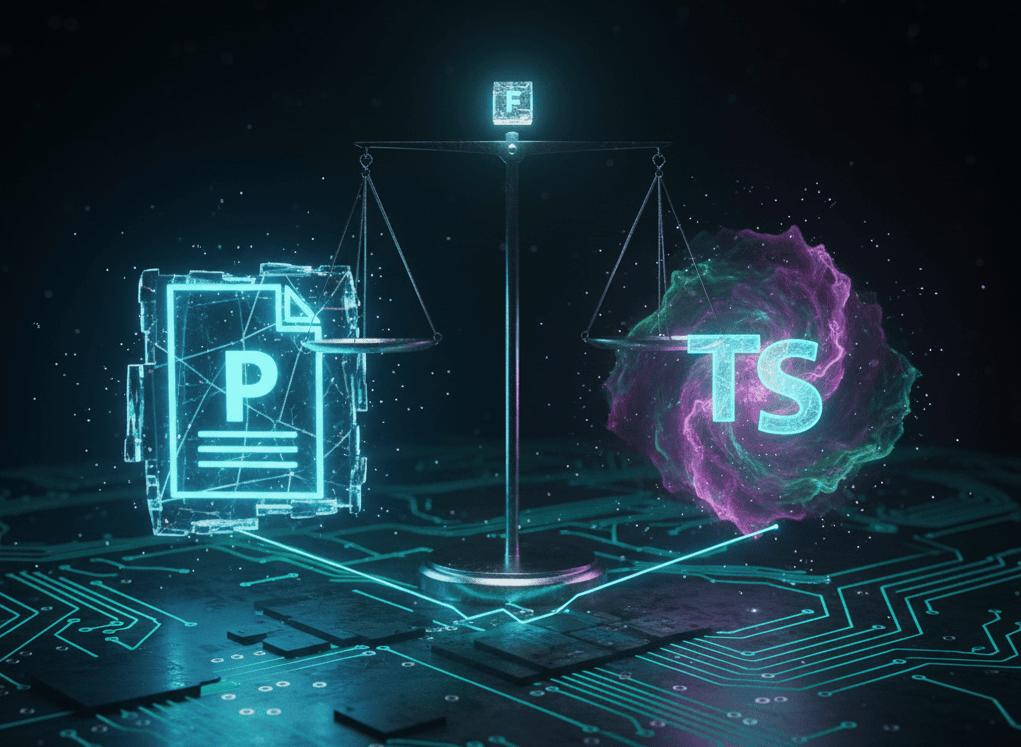Blog categorized as Quantum Computing
To attract and retain top physicists, companies need to balance proprietary protection and intellectual freedom.
The race for quantum computing dominance is currently dominated by efforts to create powerful, monolithic quantum processing units (QPUs).
In a competitive landscape, quantum startups must adopt Guerilla Recruiting strategies to attract top talent against corporate giants.
A 90-Day Onboarding Plan for Integrating Your First Business Executive into a Deeply Scientific Team
Hiring a senior business executive necessitates a strategic 90-day cultural integration mission to unite them with the scientific team.
The text highlights a shift in the quantum technology landscape, focusing on Quantum Key Distribution (QKD) as a commercially viable business model for secure communication rather than computational power.
To successfully pitch to a Chief Product Officer (CPO), focus on the customer problem rather than merely the technology.
Building a quantum computer demands significant investment, often exceeding hundreds of millions.
Preparing for a Quantum Series A fundraising requires deep scrutiny of scientific claims and financial realities.
The journey of developing a quantum sensor culminates in determining the right Go-to-Market (GTM) model.
The post emphasizes the significance of effective post-deal management in strategic alliances, particularly in quantum tech.
Quantum startups face a critical decision between partnering with end-user enterprises or cloud providers.
Investors in quantum ventures should evaluate early-stage monetization strategies as indicators of commercial potential, focusing on intent, strategic partnerships, pragmatic revenue generation, and outcome-based thinking.
Medical imaging traditionally focuses on anatomy, but quantum sensing technology promises to transform diagnostics by providing real-time biological insights.
A Joint Development Agreement (JDA) is crucial for quantum startups, providing market validation and insights while mitigating risks.
To successfully drive commercial traction in complex technological fields, companies should hire a "Physicist-Translator" instead of traditional salespeople.
The article warns deep-tech startups against co-owning intellectual property (IP) with enterprise partners during negotiations.
The success of your pitch to the R&D team contrasts with the CFO's focus on immediate financial concerns like budget allocation and ROI.
Receiving a Letter of Intent marks the start of intense due diligence for startup founders.
In the fourth year of a quantum startup, a pivotal breakthrough looms as the core physicist's equity vests. However, a lucrative offer from a tech giant threatens retention, highlighting the inadequacy of the traditional 4-year vesting model for deep tech.
In the wake of a breakthrough in quantum technology, founders must decide how to protect their innovation, impacting fundraising and valuation.





















